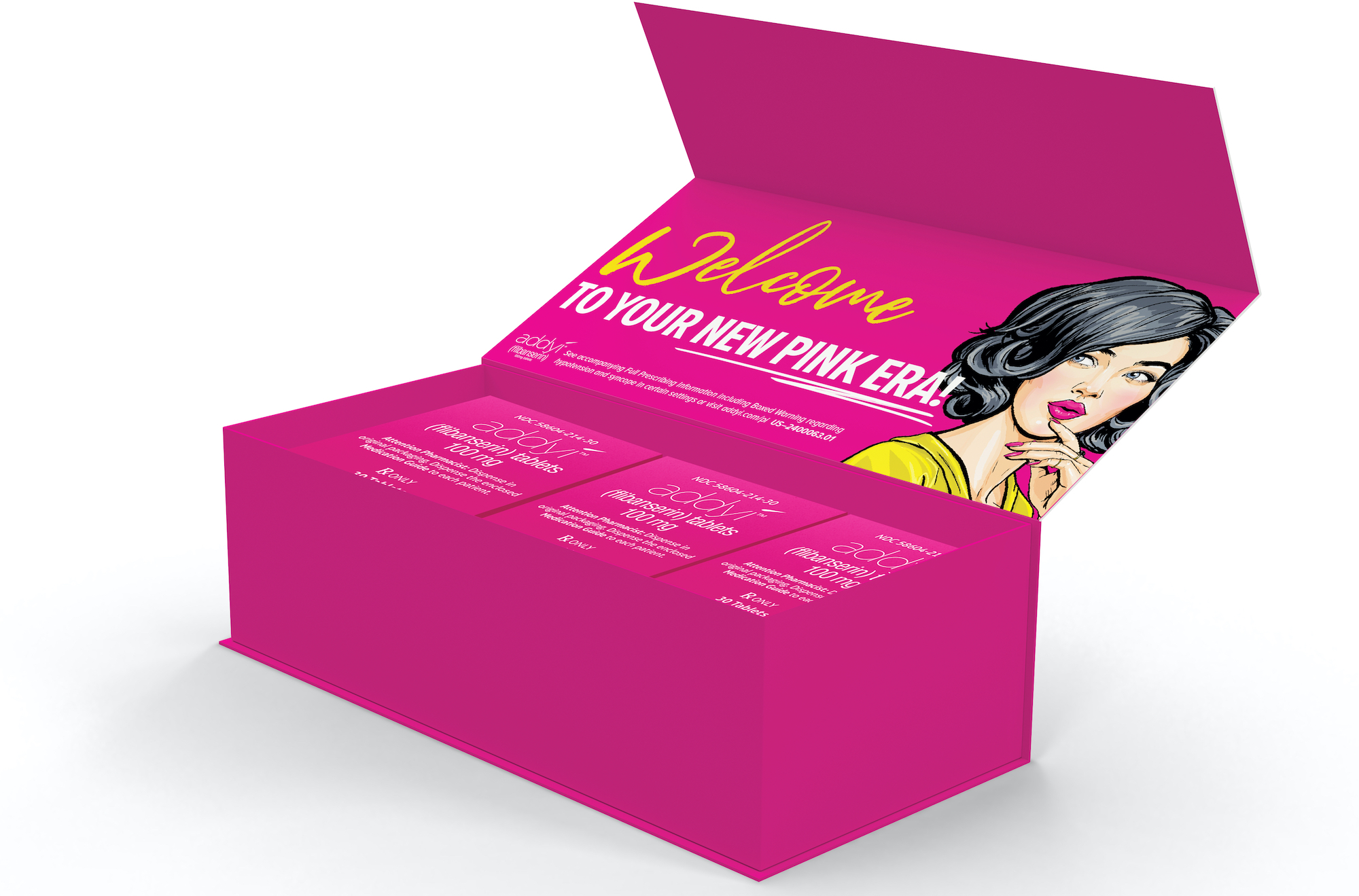Key Takeaways
- Addyi, a pill for low sexual desire in women, is expanding into med-spas, with projections to reach 400 locations by year-end.
- The drug saw a 77% revenue increase last year and is on track to double in size as it fills a market gap.
- Cindy Eckert advocates for women’s sexual health to be treated within med-spas, promoting an inclusive approach to wellness.
Expansion of Women’s Sexual Health Solutions
Cindy Eckert, founder and CEO of Sprout Pharmaceuticals, is spearheading the entry of Addyi, a hormone-free medication for low sexual desire in women, into the med-spa industry. Currently available in 200 locations, Eckert anticipates this number will rise to 400 by the end of the year. The U.S. market has over 10,000 med-spas, indicating significant potential for growth. Last year, Sprout Pharmaceuticals reported a remarkable 77% increase in revenue and expects to double its size this year.
The move into med-spas aligns with a broader trend where these establishments are embracing treatments beyond conventional aesthetics, such as GLP-1 medications aimed at weight loss. Guidepoint Qsight reports that 60% of American med-spas now offer GLP-1s, resulting in a 5% increase in average spending per patient to $1,471 in 2024. Overall revenue at these spas surged by an average of 9%, contrasting starkly with a 2% decline in facilities that don’t offer these treatments. Addyi serves as an additional revenue stream for med-spas that does not require hefty initial capital outlays associated with professional aesthetic devices. For patients without insurance, Addyi costs approximately $199 monthly, while med-spas provide a 90-day supply for $599.
Eckert emphasizes that sexual health should be treated in similar ways to aesthetic enhancements. “The next big beauty product isn’t a blush called Orgasm, it’s an orgasm itself,” she asserts, reinforcing her belief that sexual wellness deserves attention in tandem with physical aesthetics. Approved by the FDA in 2015 for treating hypoactive sexual desire disorder (HSDD) in premenopausal women, Addyi is now also undergoing expedited review for use in menopausal women.
Historically, women have turned to gynecologists for addressing concerns about decreased sexual desire. However, Eckert notes that many practitioners lack comprehensive training on such issues. She points to a disparity in the approach to male and female sexual health, stating, “Imagine if we said the things to men that we say to women when they’re in an ED consult.” She argues for a shift from merely addressing reproduction to embracing the entire spectrum of sexual pleasure.
The response to Addyi within “medically supervised spas,” which include independent clinics and those affiliated with plastic surgeons, has been promising. Nurse practitioners are particularly enthusiastic about Addyi and its implications for women’s health. They are becoming major prescribers for the medication, indicating a growing recognition of the importance of women’s sexual health in these environments.
Rachel Fidino, a registered nurse and founder of New U Women’s Clinic & Aesthetics, highlights how Addyi is changing perceptions around women’s sexual health. She notes that many women arrive at clinics without having discussed their sexual wellness before, making Addyi a crucial option that empowers them to take control of their health. “Sexual wellness is not a luxury, it’s essential—and it matters at every stage of life,” Fidino states, capturing the significance of this evolving narrative in women’s healthcare.
This progressive approach not only democratizes access to sexual health treatments but could fundamentally reshape the landscape of women’s wellness, aligning sexual health with other medical and aesthetic concerns.
The content above is a summary. For more details, see the source article.















